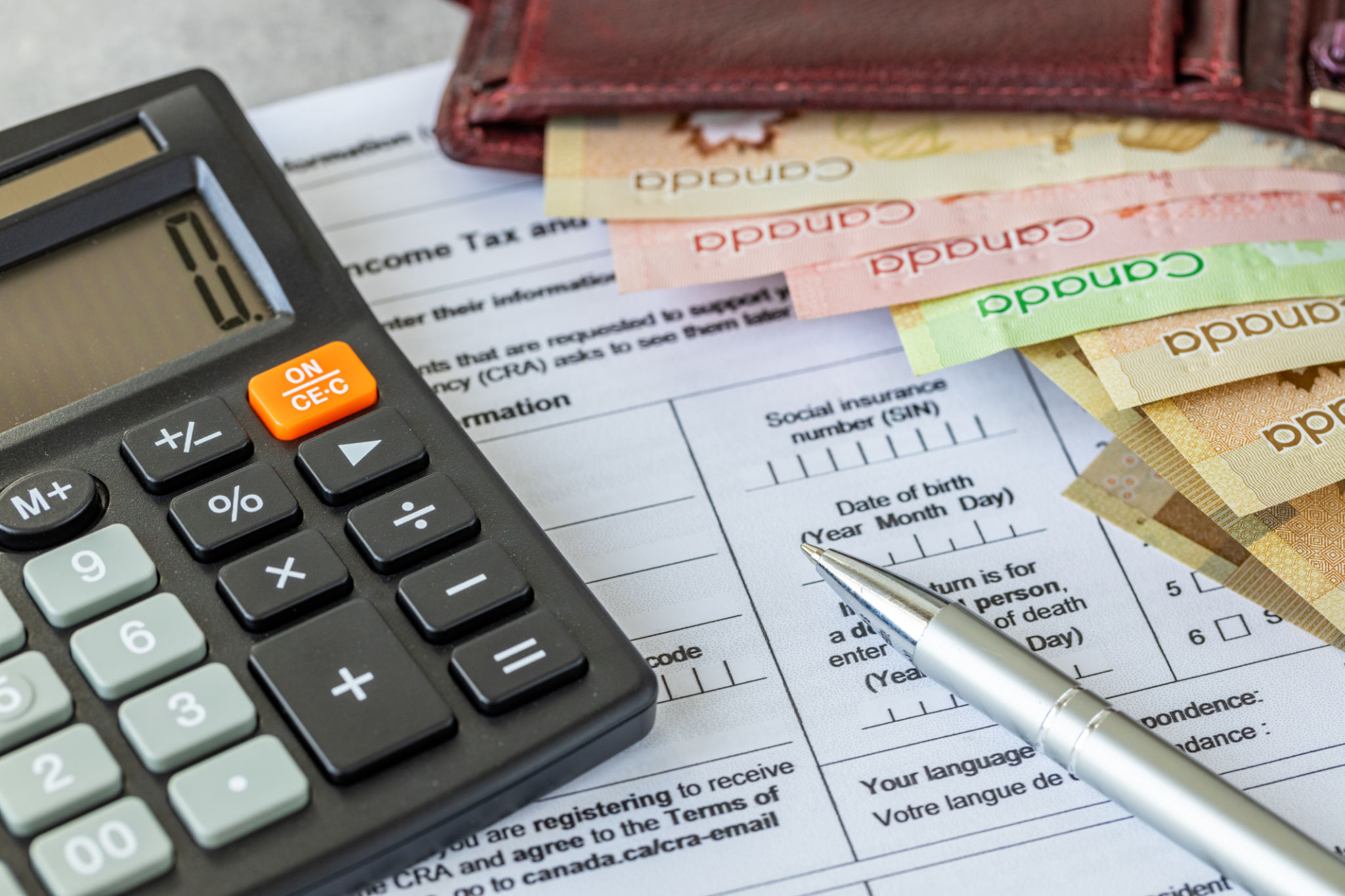Seasonal Tax Preparation: What Canadian Individuals and Businesses Need to Know
Understanding Seasonal Tax Preparation
Tax season in Canada is a critical time for both individuals and businesses, as it requires meticulous attention to detail and a thorough understanding of the tax code. Proper preparation can lead to significant savings and compliance with the Canada Revenue Agency (CRA) regulations. Whether you are filing as an individual or for your business, understanding the seasonal requirements is essential.

Key Deadlines for Canadian Taxpayers
For individuals, the common deadline to file your tax return is April 30th. However, if you or your spouse are self-employed, you have until June 15th to submit your return, although any taxes owed must still be paid by April 30th. Businesses typically follow a fiscal year-end and have six months from the end of their fiscal year to file returns.
It's crucial to mark these dates on your calendar and prepare all necessary documents in advance. Missing these deadlines can result in penalties and interest on any taxes owed.

Important Documents for Tax Filing
Being organized with the right documentation is half the battle won during tax season. Individuals should gather T4 slips for employment income, T5 slips for investment income, and receipts for deductions such as medical expenses or charitable donations. Businesses need to prepare financial statements, receipts, and documents related to payroll and expenses.
The CRA also requires documentation for any deductions or credits claimed, so ensure you have receipts and records ready to substantiate your claims.
Tax Deductions and Credits
Understanding available deductions and credits can significantly reduce your tax liability. For individuals, common deductions include RRSP contributions, union dues, and childcare expenses. Tax credits like the GST/HST credit or the Canada Child Benefit can also provide relief.

Businesses can benefit from deductions on operating expenses such as rent, utilities, and office supplies. Additionally, tax credits for research and development or hiring apprentices may apply depending on the industry.
Using Tax Software or Hiring a Professional
With technology advancing, many Canadians opt for tax software to streamline the filing process. These programs are user-friendly and updated regularly to reflect current tax laws. However, hiring a professional accountant can be beneficial if your financial situation is complex or if you're unsure about certain aspects of your return.
Accountants can provide personalized advice, ensure accuracy, and potentially find additional savings that might be missed when filing on your own.
Common Mistakes to Avoid
Some common pitfalls include failing to report all income sources, missing out on eligible deductions or credits, and not keeping adequate records. These errors can lead to audits or reassessments by the CRA. It's essential to review your return thoroughly before submission to avoid these mistakes.

Remember, tax preparation is not just a seasonal task but an ongoing responsibility. Regularly updating records and staying informed about tax law changes can make the process smoother when tax season arrives.
Conclusion
Effective seasonal tax preparation requires diligence, organization, and sometimes professional help. By understanding key deadlines, gathering necessary documents, maximizing deductions and credits, and avoiding common mistakes, Canadian individuals and businesses can navigate tax season with confidence and efficiency.